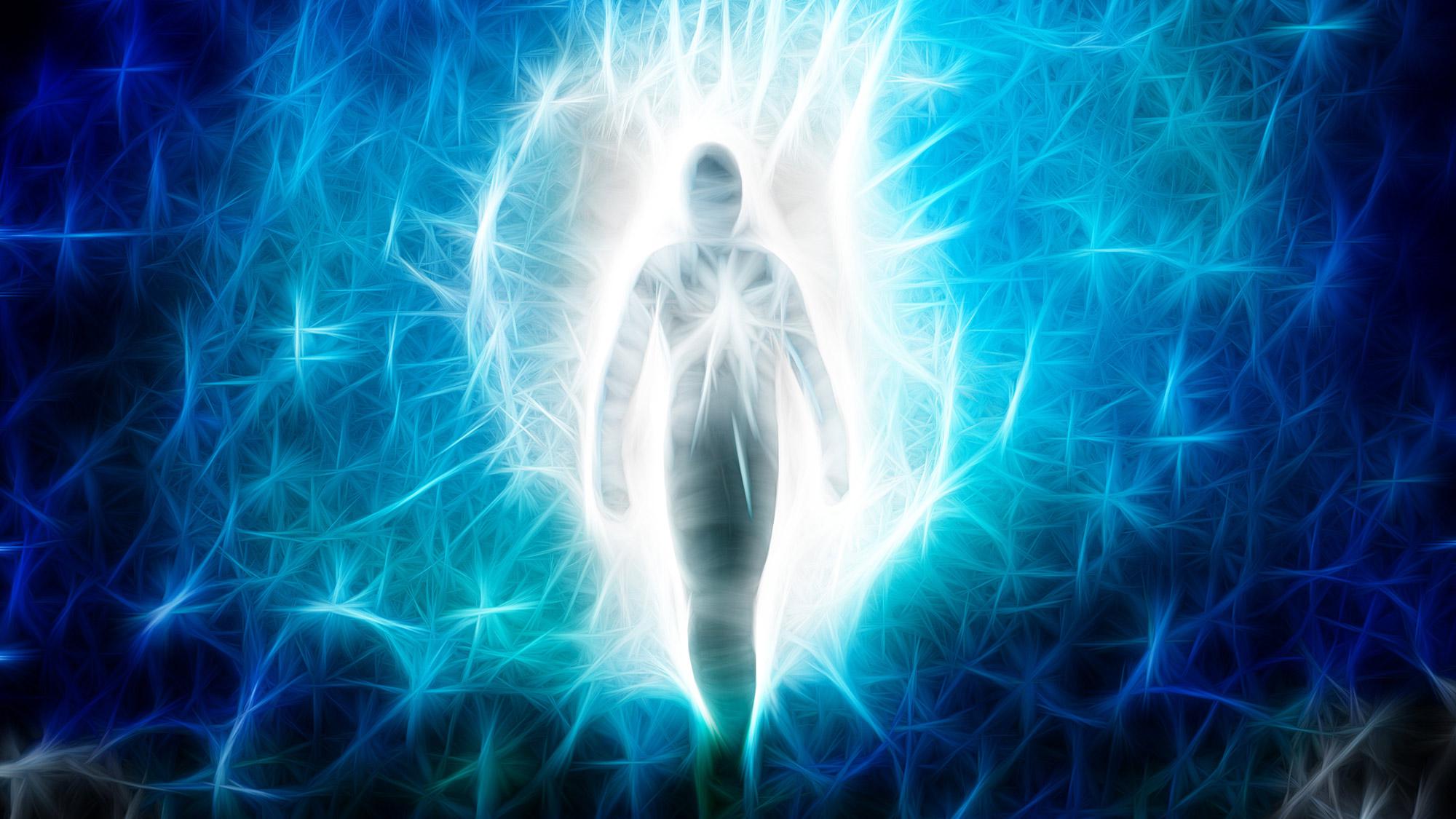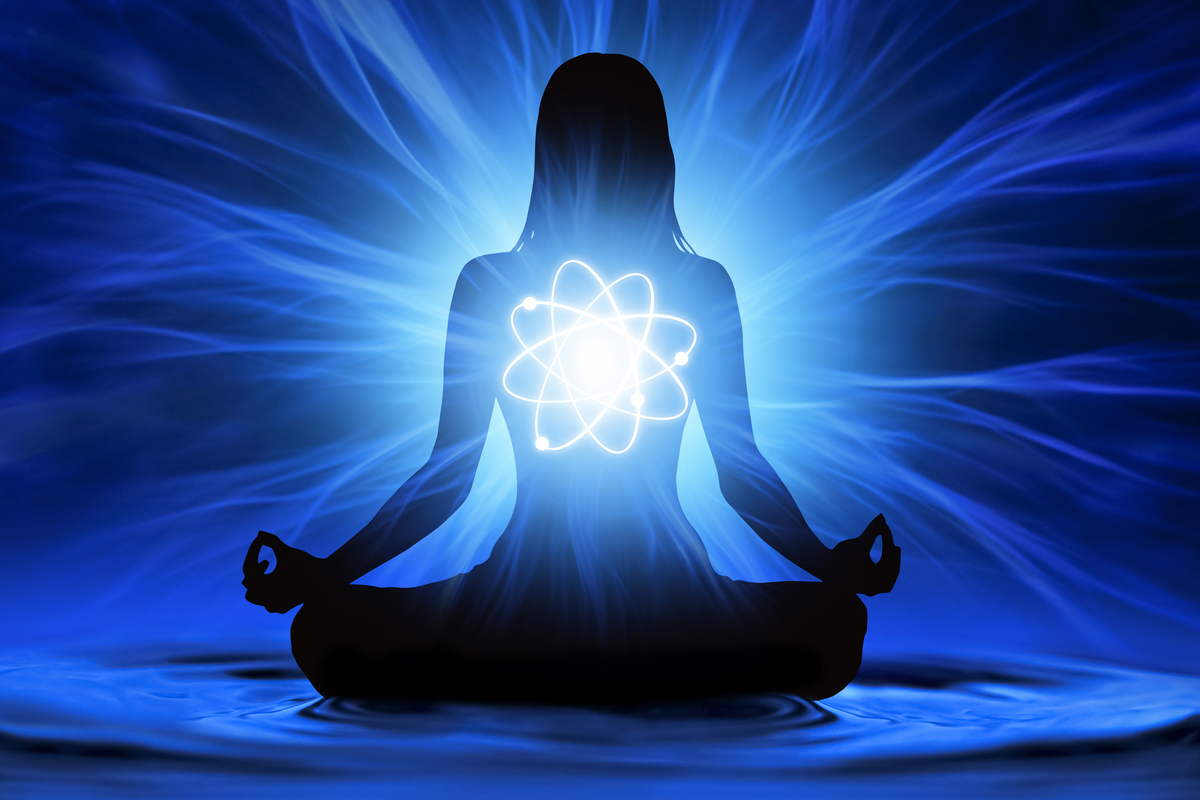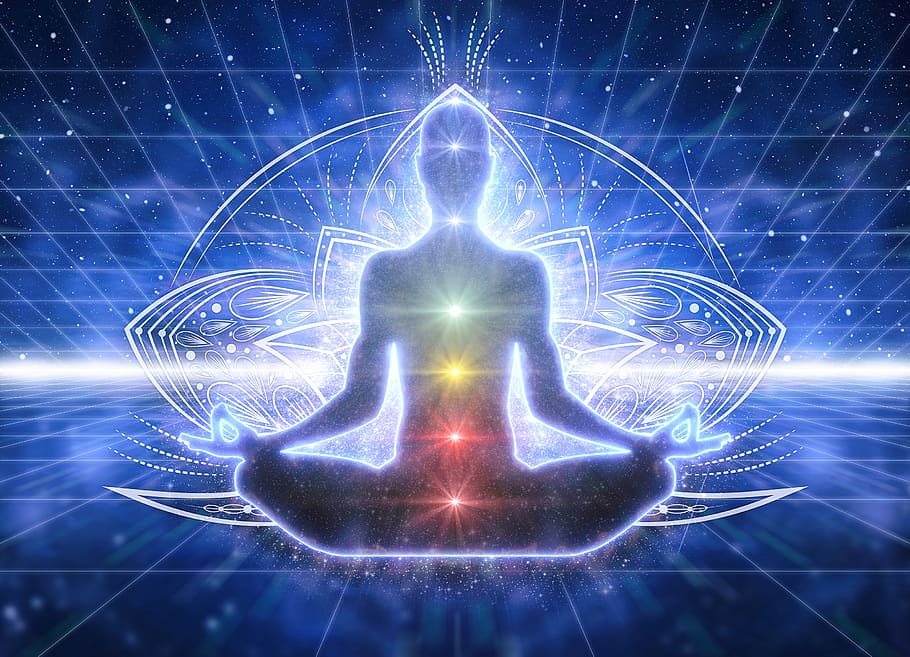Alcohol has been a part of human culture for millennia, often intertwined with social rituals, celebrations, and even spiritual practices. However, beyond its physical and psychological effects, drinking alcohol carries profound spiritual consequences that can alter one’s connection to the divine, inner peace, and moral compass. This article explores The Spiritual Consequences of Drinking Alcohol, delving into how it impacts the soul across historical, religious, and personal dimensions. By examining these aspects, we uncover the deeper ramifications of alcohol consumption on spiritual health, encouraging readers to reflect on their own journeys and consider the path to holistic well-being.
Historical Contexts of Alcohol and Spirituality

The intersection of alcohol and spirituality dates back to ancient times, where beverages like wine and mead were not just social lubricants but sacred elements in rituals and ceremonies. This historical lens reveals how alcohol has been viewed as both a gift from the gods and a perilous temptation, shaping spiritual beliefs and practices over centuries. Understanding this evolution helps us grasp the enduring spiritual consequences that persist today, influencing how societies and individuals navigate the fine line between indulgence and enlightenment.
Alcohol in Ancient Civilizations and Rituals

In many ancient cultures, alcohol was deeply embedded in spiritual life, serving as a conduit for divine communication and communal bonding. For instance, in ancient Egypt, beer was considered a gift from the god Osiris, used in funerary rites to ensure a smooth transition to the afterlife. This practice underscored the belief that alcohol could bridge the mortal and spiritual realms, offering a path to transcendence. However, this reverence came with risks; excessive consumption was often linked to moral decay and spiritual disconnection, as seen in myths where gods punished humans for drunken hubris.
The Greeks and Romans similarly integrated wine into their spiritual ceremonies, with Dionysus and Bacchus embodying the dual nature of alcohol as a source of ecstasy and chaos. Festivals dedicated to these deities involved wine-fueled revelry, intended to foster unity and divine inspiration. Yet, historical texts warn of the spiritual downfall that accompanies overindulgence, such as loss of self-control and estrangement from higher virtues. This duality highlights a key spiritual consequence: alcohol’s potential to elevate consciousness can quickly devolve into a state of spiritual impoverishment, where the soul is clouded by base desires rather than elevated by sacred experiences.
Moving to indigenous cultures, such as those in the Americas, alcohol played varied roles in spiritual rituals. For example, in some Native American traditions, fermented beverages were used in vision quests to induce altered states for gaining spiritual insights. These practices were highly regulated, emphasizing moderation to avoid spiritual harm. When alcohol was introduced by colonizers, it often led to widespread spiritual disruption, eroding cultural identities and fostering a cycle of despair. This historical shift illustrates how the spiritual consequences of alcohol can manifest as a loss of cultural and personal spirituality, turning a tool for enlightenment into one of oppression and soul fragmentation.
The Prohibition Movements in History

Prohibition movements throughout history were not merely social or political endeavors but were deeply rooted in spiritual and moral concerns, reflecting a collective awakening to alcohol’s detrimental effects on the soul. In the 19th and early 20th centuries, movements like the Temperance Movement in the United States drew heavily from Christian spirituality, portraying alcohol as a tool of the devil that ensnared souls and destroyed families. Leaders argued that drunkenness led to a severance from God’s grace, emphasizing redemption through abstinence as a path to spiritual purity.
This era saw alcohol vilified in spiritual terms, with sermons and literature depicting it as a barrier to enlightenment and moral integrity. For instance, in Islamic history, the prohibition of alcohol in the Quran was based on its capacity to cloud judgment and distance believers from Allah, a principle that influenced global movements advocating for sobriety. The spiritual consequences here were framed as a collective moral failing, where societal indulgence in alcohol eroded communal spirituality and ethical standards. Prohibition efforts, while often unsuccessful in eradicating alcohol use, highlighted a critical awareness: that unchecked consumption could lead to a societal spiritual decline, marked by increased vice, broken communities, and a dimming of the divine light within individuals.
In contrast, some spiritual traditions resisted outright prohibition, advocating for mindful use instead. Buddhist texts, for example, warn against intoxication as a hindrance to mindfulness and enlightenment, yet they focus on individual responsibility rather than blanket bans. This approach underscores the spiritual consequence of alcohol as a personal choice that can either foster spiritual growth through disciplined avoidance or cause downfall through habitual misuse. Historically, these movements reveal a tension between alcohol’s potential for spiritual enhancement and its risks, shaping modern debates on how to navigate these consequences in a balanced way.
Evolution of Spiritual Attitudes Towards Alcohol

As societies evolved, so did attitudes towards alcohol’s spiritual implications, transitioning from ritualistic acceptance to critical scrutiny in the face of modernization and scientific understanding. In medieval Europe, alcohol was integral to Christian sacraments, such as wine in the Eucharist, symbolizing the blood of Christ and spiritual nourishment. However, this sacred use contrasted sharply with the growing recognition of alcohol’s addictive potential, leading to spiritual teachings that condemned excess as a sin against the body and soul. This shift marked a key consequence: alcohol’s ability to mimic spiritual ecstasy could lead to false enlightenment, diverting individuals from genuine spiritual pursuits.
The Enlightenment period brought a more rational approach, with philosophers like Rousseau critiquing alcohol’s role in numbing the soul and hindering intellectual and spiritual development. This era saw a rise in spiritual movements that promoted sobriety as essential for self-realization, influencing figures like the Transcendentalists who viewed alcohol as antithetical to connecting with the Oversoul. In contemporary times, the evolution continues, with New Age spirituality often warning of alcohol’s vibrational lowering effects, suggesting it blocks energy flow and spiritual intuition. This progression highlights a persistent spiritual consequence: the erosion of inner peace and divine connection, as alcohol’s temporary highs are replaced by long-term spiritual voids.
Today, the integration of alcohol in spiritual practices varies widely, from Wiccan rituals using mead for magical workings to indigenous revivals reclaim
The Evolution of Spiritual Attitudes Towards Alcohol

As societies have progressed through time, the spiritual attitudes towards alcohol have undergone significant transformations. This evolution has been marked by various sociocultural dynamics, including religious principles, philosophical reflections, and scientific advancements. Understanding this trajectory is crucial for grasping how contemporary societies navigate the complexities of alcohol in their spiritual lives.
Historical Context: Alcohol in Sacred Practices
In the medieval period, alcohol was not merely a beverage but an integral part of sacred rituals and ceremonies. It symbolized communion with the divine, particularly in Christianity, where wine used in the Eucharist represented Christ’s blood—a profound act of spiritual nourishment and devotion.
Through these practices, alcohol was seen as a conduit to connect believers with the sacred; it facilitated a sense of unity among congregants. Yet, as the effects of excessive drinking became increasingly evident—leading to societal issues like public disorder and familial strife—the sacred image of alcohol began to tarnish. This shift underscored the emerging understanding that while alcohol could enhance spiritual experiences, it also posed risks of moral and spiritual decline when consumed irresponsibly.
The dual nature of alcohol, as both sacred and profane, reflected the broader tension between spirituality and corporeality. In some Christian communities, spiritual leaders began to condemn drunkenness, framing it as a sin against one’s body and spirit. This condemnation marked a turning point in the discourse surrounding alcohol, emphasizing personal responsibility and the need for moderation in consumption.
Enlightenment Philosophies: Rationalizing Spirituality
With the onset of the Enlightenment, more rational and critical approaches emerged concerning alcohol’s role in spirituality. Thinkers like Jean-Jacques Rousseau criticized the numbing effects of alcohol, arguing that they hindered intellectual and spiritual growth. This period catalyzed a new wave of spiritual movements advocating for sobriety, positioning it as essential for self-discovery and enlightenment.
Philosophers began to see alcohol not only as a potential aid for transcendence but also as a barrier to genuine connection with the divine. The rise of Transcendentalism further solidified this viewpoint, suggesting that alcohol could mislead individuals away from authentic spiritual experiences toward false ecstasies. This evolving perspective sparked debates about the balance between enjoyment and excess, emphasizing that while alcohol could provide temporary pleasures, it ultimately detracted from deeper spiritual fulfillment.
Moreover, the Enlightenment ushered in the Age of Reason, leading many to advocate for a life rooted in rational thought and self-control. This advocacy prompted spiritual leaders and thinkers to emphasize practices that fostered clear-mindedness—an essential component for true spiritual engagement. Gradually, the notion of alcohol transitioned from a once-sacred elixir to something viewed with skepticism and caution.
Contemporary Perspectives: Balancing Tradition and Modernity
Today, attitudes towards alcohol within spiritual contexts are diverse and multifaceted, blending tradition with modern sensibilities. The influence of New Age spirituality, which often cautions against alcohol consumption due to its purported vibrational lowering effects, is evident in various circles. Adherents argue that alcohol can block energy flow and spiritual intuition, thereby hindering connectedness to higher realms of consciousness.
Conversely, many contemporary spiritual practices still embrace alcohol as a meaningful element within rituals, often focusing on intentionality and moderation rather than outright prohibition. For example, Wiccan traditions frequently incorporate mead or wine into their ceremonies, using these beverages to forge connections with the earth and the divine. This approach highlights the resurgence of ritualistic significance attached to alcohol while aiming to minimize potential pitfalls associated with its misuse.
Furthermore, indigenous spiritualities are experiencing a renaissance, reclaiming traditional practices that utilize alcohol for communal bonding and spiritual introspection. These rituals often emphasize moderation and respect for the plant-based origins of alcoholic beverages, reinforcing the idea that responsible consumption can facilitate spiritual exploration without jeopardizing well-being.
Overall, the modern landscape reflects a complex interplay between historical reverence and contemporary awareness of alcohol’s consequences. While some practitioners remain wary of its allure, others seek to integrate it meaningfully into their spiritual lives, highlighting the ongoing evolution of attitudes towards alcohol.
Conclusion

The spiritual consequences of alcohol underscore a rich tapestry of beliefs and practices shaped by historical, cultural, and philosophical influences. From the divine gifts of ancient civilizations to contemporary critiques of its intoxicating effects, alcohol’s dual nature as both an enhancer of spiritual experience and a potential source of decline remains ever-present.
The journey through history reveals an oscillation between reverence and caution—a reflection of humanity’s ongoing struggle to reconcile the joys of intoxication with the pursuit of spiritual enlightenment. As society continues to evolve, so too will the narratives surrounding alcohol and spirituality, demanding a nuanced understanding that honors both tradition and personal responsibility. Ultimately, the way we engage with alcohol in our spiritual lives today calls for a mindful balance, recognizing its potential to elevate the spirit while remaining vigilant against its capacity to cloud the soul.

GIPHY App Key not set. Please check settings